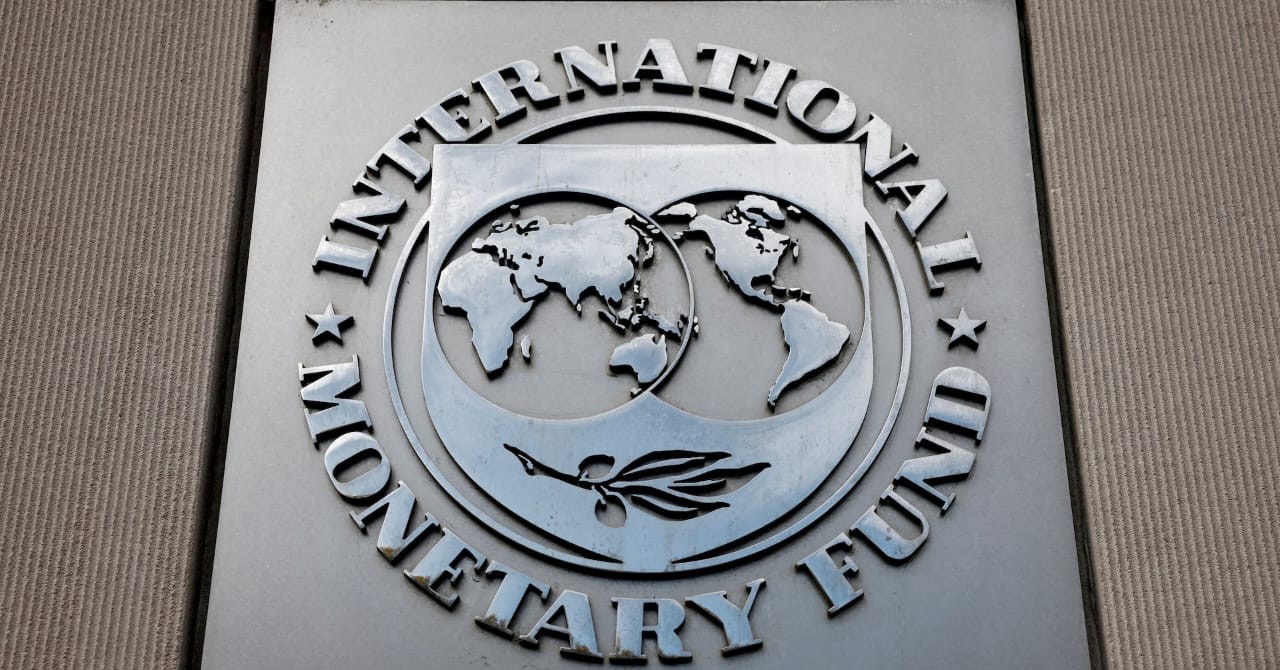The US Supreme Court has ruled against former President Donald Trump’s efforts to deport individuals using a law dating back to the 18th century, which has not been invoked since World War II.
In March, Trump initiated the deportation of several individuals purported to be associated with the Venezuelan criminal gang Tren de Aragua, sending them to El Salvador, where they are currently held in the country’s notorious mega-prison, CECOT.
To carry out these deportations, Trump relied on the Alien Enemies Act of 1798, a statute that permits the president to detain or deport individuals from nations deemed ‘enemies’. However, this law is intended for use only in instances of ‘a declared war’ between the US and another nation or when there is a threat of ‘invasion or predatory incursion’.
Originally established during a period of heightened tensions with France, the Alien Enemies Act has been employed only three times throughout US history: during the War of 1812, World War I, and World War II. It is important to note that the US is not currently at war with Venezuela, despite Trump’s assertions that a ‘foreign terrorist organisation’ was ‘engaging in hostile actions’ against the United States.
A flight carrying 238 alleged gang members departed in March, despite a federal judge ruling against the deportation order. It has since emerged that some of those deported may not have committed any of the alleged crimes, leading to concerns that they were wrongfully removed and are now enduring appalling conditions in prison.
A temporary injunction on the deportations had been imposed, and the Supreme Court voted 7-2 to deny a request from the Trump administration to lift this order. The justices stated: “Under these circumstances, notice roughly 24 hours before removal, devoid of information about how to exercise due process rights to contest that removal, surely does not pass muster.”
Trump expressed his frustration over the Supreme Court’s decision on Truth Social, stating: “THE SUPREME COURT WON’T ALLOW US TO GET CRIMINALS OUT OF OUR COUNTRY!” He further claimed that the court was preventing him from fulfilling his electoral mandate and argued that the ruling meant he could not deport individuals without undergoing a lengthy and costly legal process, which could take years for each case.











